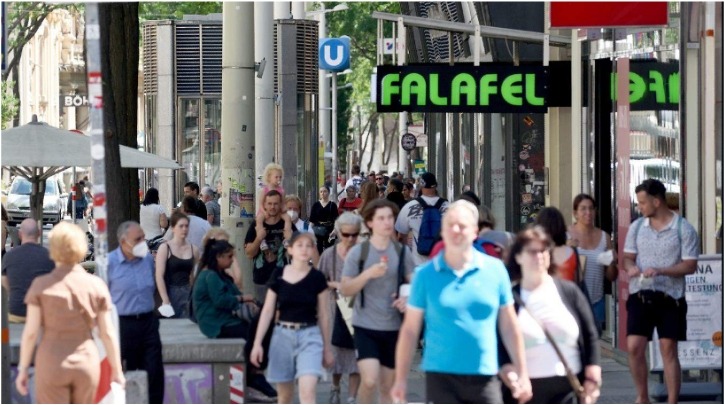
Austria’s retail sector is undergoing significant transformations, driven by the surge in online commerce and evolving consumer shopping patterns, according to insights from location consultants. The findings from Regioplan, a notable consultancy in the field, indicate that a decline in available retail space is a prominent consequence of these shifts. Approximately 550,000 square meters, equivalent to nearly 4 percent of Austria’s total retail area, are currently unoccupied – a phenomenon that’s having a pronounced impact, particularly in smaller and medium-sized cities.
The dwindling retail space is evident as vacancies become more widespread, particularly in regions that are grappling with thinning retail offerings. Notably, the recent insolvency of the Kika/Leiner furniture retail chain is responsible for a significant portion of the vacant space, accounting for around 300,000 square meters. This financial downfall, along with the exits of various companies including XXL-Sport, Salamander, Delka, Reno, Gerry Weber, Hallhuber, and Tally Weijl, has contributed to the increased availability of retail spaces. The effects are not limited to larger enterprises, as smaller chain stores like Gamestop, Cherry, Dominici, Sergent Major, and Northland plus, are also considering downsizing their retail areas.
The trend of diminishing retail spaces in Austria is not a new occurrence; it has been observed for a decade, seemingly impervious to external factors like the pandemic and inflation. Well-established retailers such as H&M, C&A, Zara, Douglas, and Marionnaud have been actively scaling down their operations or even entirely withdrawing from the Austrian market. This trend is exemplified by the exit of Yves Rocher.
Regioplan’s assessment of this phenomenon emphasizes that the decline is primarily rooted in evolving consumer behavior and not merely a result of post-pandemic repercussions or inflation. Online shopping’s growing popularity has contributed to a decrease in foot traffic to physical stores, impacting traditional brick-and-mortar retail spaces. Simultaneously, consumers are exhibiting a “latent reluctance to buy” that reflects a societal shift in values. This hesitancy to make discretionary purchases can be attributed to an increased awareness of environmental concerns. People are opting to spend less on material goods and are instead prioritizing experiences, travel, and leisure activities.
The future trajectory of Austria’s retail landscape appears to be aligned with these ongoing shifts. Regioplan anticipates that the trend of decreasing retail spaces is likely to persist in the coming years, making it imperative for businesses to adapt and innovate in response to changing consumer preferences and behaviors.
